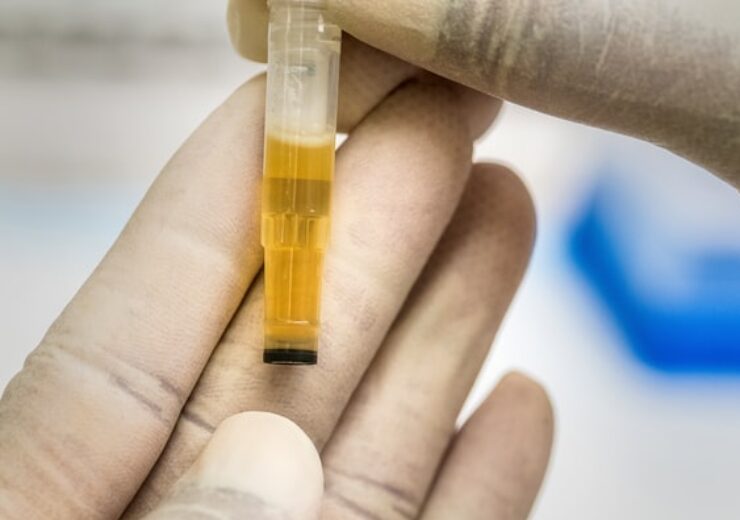URO17 is a non-invasive urine test designed to provide high sensitivity and negative predicted value (NPV) that can be used to determine the status of active bladder cancer and improve the patient diagnosis

KDx Diagnostics, UroGPO to offer URO17. (Credit: CDC on Unsplash)
KDx Diagnostics, a developer of novel diagnostic tests and UroGPO, a urology-specific group purchasing organisation (GPO), have teamed up to provide a research use only (RUO) test to detect bladder cancer in the US.
The non-invasive urine test, dubbed URO17, provides high sensitivity and negative predicted value (NPV).
Based on its high NPV feature, the test can be used to determine the status of active bladder cancer and improve the patient diagnosis.
URO17 is also being offered as a Laboratory Developed Test (LDT) in the US, which enables the test to improve the treatment path.
KDx Diagnostics president Sholeh Jahanfard said: “We are very excited to partner with UroGPO, the premier urology network and group purchasing organisation in the US, to make our URO17 test and information available to their network of clinical laboratories.
“Through UroGPO, the urology laboratories will have direct access to ordering with a special in-network pricing which will facilitate the availability of URO17 to the urologists.”
Under the partnership, UroGPO will provide the reagents and information for the URO17 test to the members of its Group Purchasing Organisations network.
Haematuria, or blood in the urine is the most common symptom of bladder cancer, and the patients may need invasive cystoscopic procedures for the treatment, said KDx Diagnostics.
The URO17 test, together with its high sensitivity and NPV features, is said to eliminate the need for unnecessary invasive cystoscopy procedures in bladder cancer patients.
Established in 2017, KDx is focused on developing non-invasive cancer tests to improve early detection and therapy decisions in cancer.
It has developed the URO17 bladder cancer test as the most sensitive and specific for bladder cancer developed to date.
The company aims to develop tests based on the same biomarker for other platforms and sample types and expand its product line into other cancer diagnostic tests.
